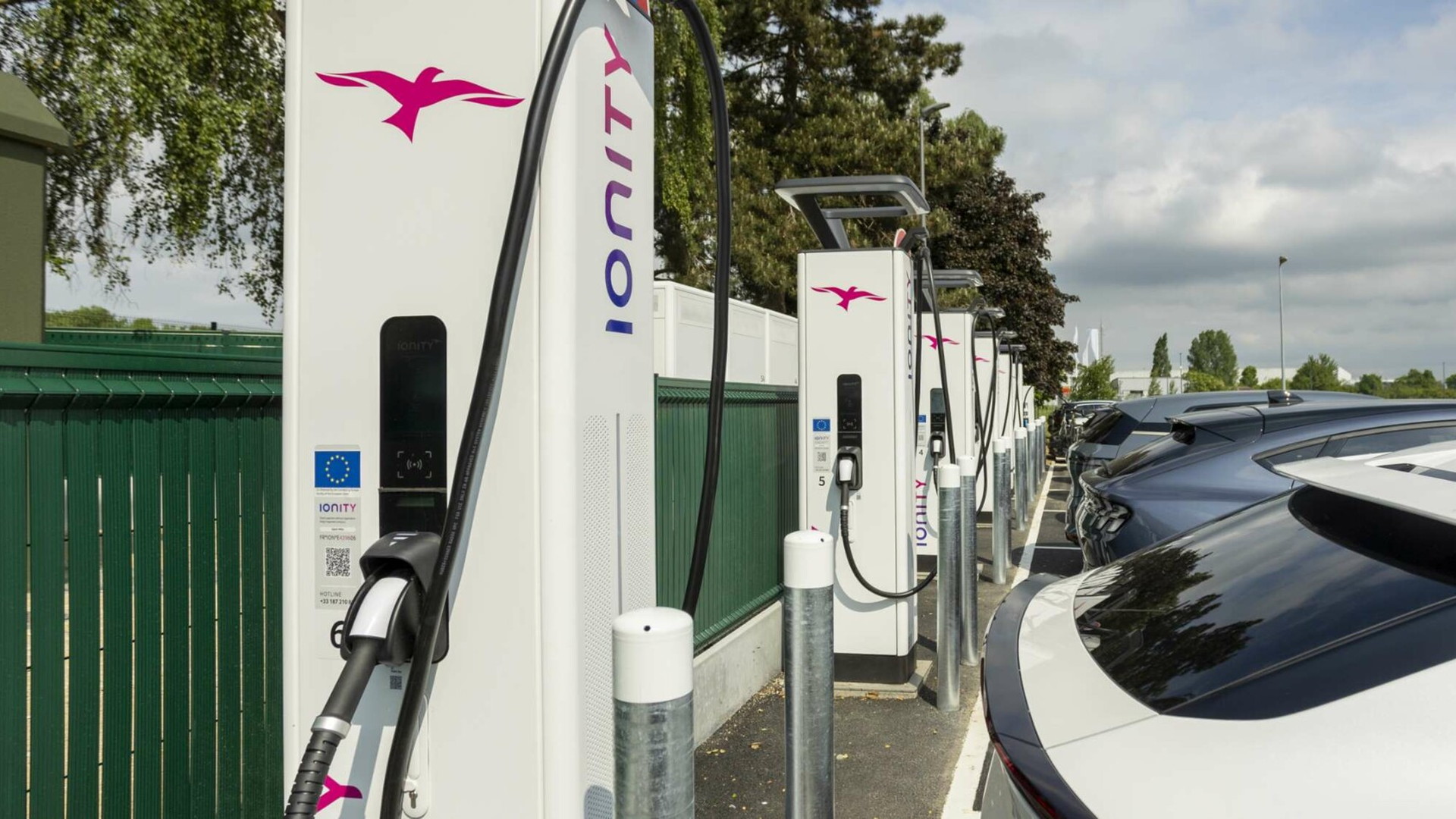Over the next 14 months, you can expect leaks, rumors, suppositions, spy shots, and outright guesses about the 2016 Toyota Prius to proliferate.
The fourth generation of Toyota's quintessential hybrid car is a crucial model for the company.
If Toyota sticks to its model cadence, we expect that all-new Prius liftback to be shown at either the 2014 or the 2015 Detroit Auto Show--and go on sale within a few months as a 2015 or 2016 model.
The next Toyota Prius, incidentally, will likely be assembled in the U.S. for the first time.
While the Toyota Prius is now a family of four vehicles, and remains the world's best-selling hybrid, it faces new and fierce competition on a variety of fronts.
Virtually every global carmaker now offers at least one or two hybrid models, not even to mention plug-in electric cars.
Hybrid volume will soar as car companies boost fuel efficiency throughout their ranges to meet new gas-mileage and carbon emissions standards across the globe.
So the next Prius has to be good enough to stay the hybrid standard, keep its highest-EPA-rating crown in the U.S.--and improve on the current car.
Here's our roundup of rumors, speculation, and likely directions for the new Prius:
Battery pack: One of the biggest questions is whether Toyota will stick with its known, proven nickel-metal hydride battery or switch over to lithium-ion. This may vary by region.
Koie Saga, a senior managing director for Toyota drivetrain research, told trade journal Automotive News (subscription required) in May that fourth-generation Priuses built in the U.S. would likely switch to a lithium-ion battery.
Today's Prius, launched as a 2010 model, was originally meant to have a lithium-ion pack. But in January, 2010, Saga told journalists the company had bet on the wrong lithium chemistry--so Toyota fell back to the tried-and-true nickel-metal hydride cells.
Lighter weight: Although Toyota has reportedly scrapped the idea of an all-aluminum body for cost reasons, it's likely to make heroic efforts to reduce the weight of the new Prius. A Toyota engineer is said to have specified a 155-pound (70-kg) reduction in weight.
Better aerodynamics: This is potentially where the new Prius will be the most radical. The startling FT-Bh concept shown at this year's Geneva Motor Show had a drag coefficient of just 0.235, which is very low for a five-door compact hatchback.

2010 Toyota Prius with 2009 model--can you spot the differences?
New shape: The shape of the next Prius will clearly follow the form that produces least aerodynamic drag. Frontal area, cross-section, and length are the most influential factors.
Now the British outlet AutoExpress has shown a sketch of a radically lower Prius with very tall but narrow tires.
We're not convinced that's the way the designers will go; instead, we'd look for inspiration toward not only the FT-Bh concept but also another high-efficiency Toyota concept, the NS4 Plug-In Hybrid concept shown at Detroit in January.
Either way, you can expect the new shape of the Prius to be more radical than the 2010 redesign, which was very similar to the groundbreaking 2004 generation.
Low-rolling-resistance tires: This is entirely predictable, but Toyota may push beyond the current state of the art. Earlier this year, Inside Line said sources at Toyota revealed the company was talking to tire manufacturers about working on a new, groundbreaking, ultra-low rolling resistance tire.
All-wheel drive: We're skeptical about the AutoExpress claim that the new Prius liftback will offer all-wheel drive. We might believe it for the Prius V wagon, but there's never been an AWD Prius and we wouldn't expect one unless or until Toyota decides to build a Prius-branded crossover utility vehicle.
SO ... what kind of gas mileage might the new Prius return? AutoExpress claims 90 mpg, using Imperial gallons on the European test cycle.
That translates to 75 mpg in U.S. gallons, so cutting another 20 percent for the tougher U.S. test cycle would bring that down to 60 mpg--which sounds about right to us.
What would you like to see in a new generation of the Toyota Prius hybrid? And what do you think it will have--and won't have?
Leave us your thoughts in the Comments below.
+++++++++++













